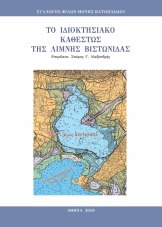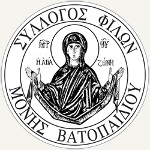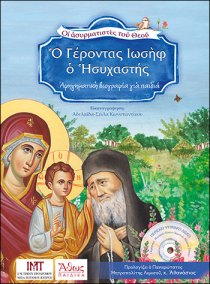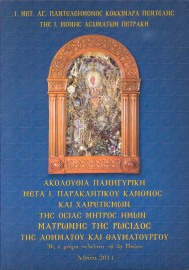St. Paisius Velichkovsky
When this happens, occupy the mind with the thought of death.
Come mentally to the grave; behold there one who has been dead four days: how he grows dark, bloated, and gives off an intolerable foul odor, is eaten by worms, having lost his fair appearance and beauty. Then look in another place: here there lie in the grave the bones of young and old, the beautiful and the ugly; and consider: who was fair, or ugly? Who was a faster, a continent man, an ascetic, or a careless man? And did it bring benefit to rich men that they had repose and enjoyment in this world?
Remember then the endless torments of which the holy books speak: the fire of Gehenna, the outer darkness, the gnashing of teeth, the infernal Tartarus, the unsleeping worm. And depict to yourself how sinners cry out there with bitter tears, and no one delivers them. They lament and weep over themselves, and no one has pity on them. They sigh from the depths of the heart, and no one has compassion on them. Διαβάστε τη συνέχεια του άρθρου »





































